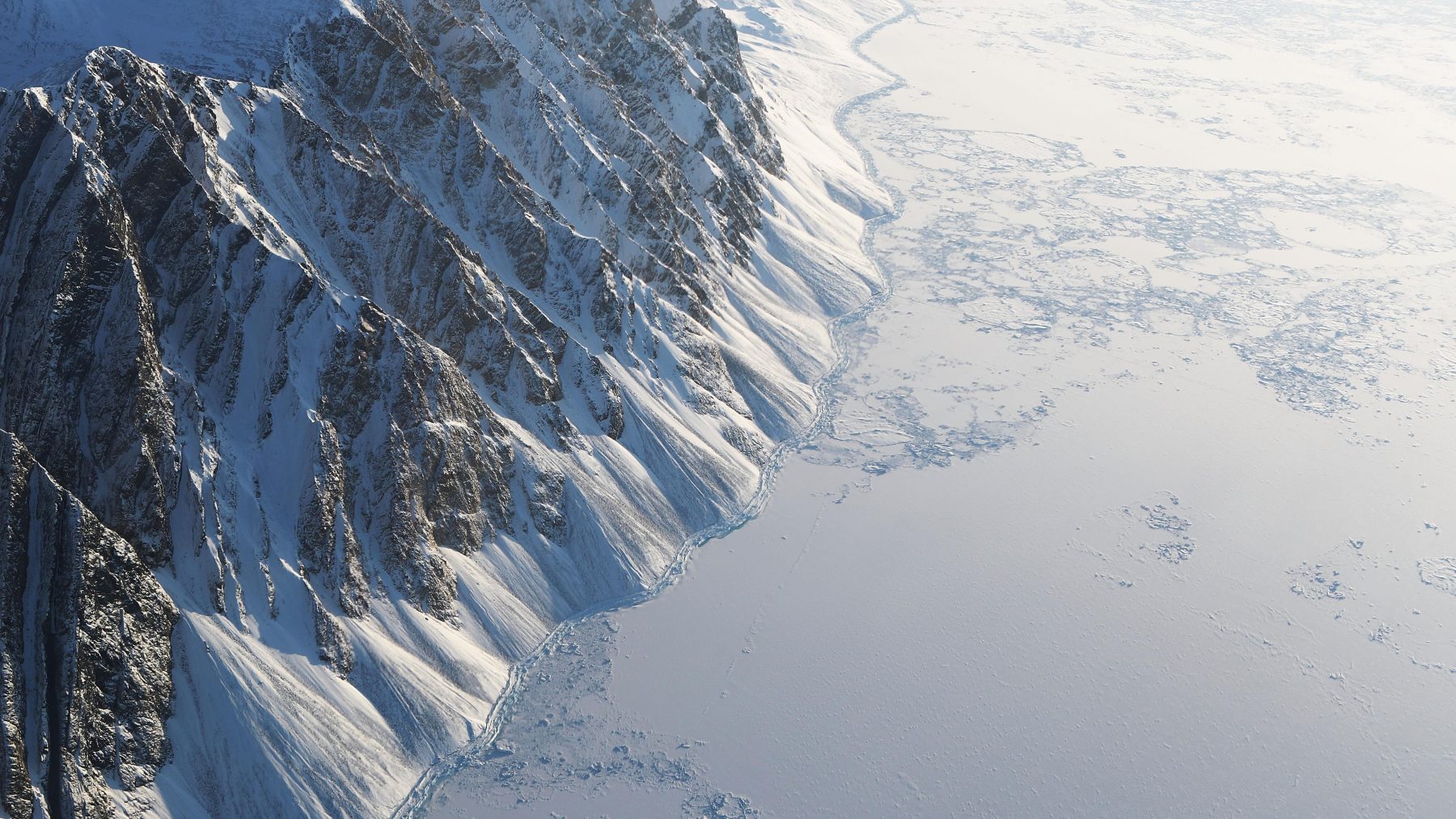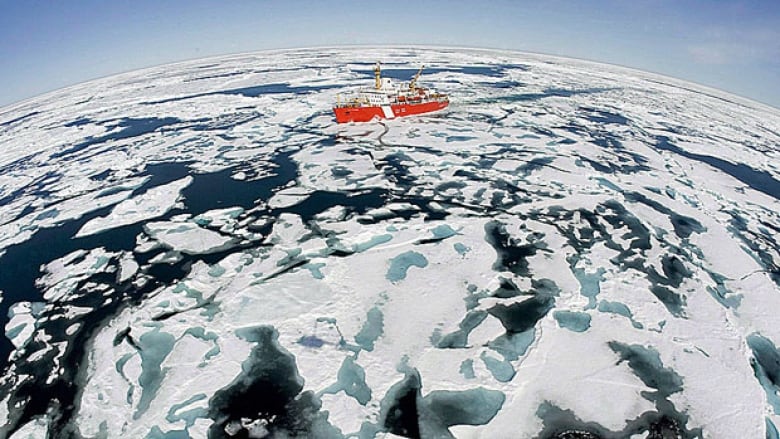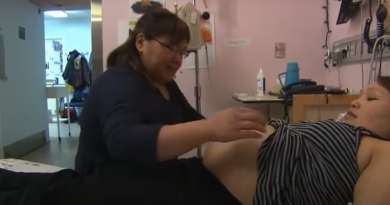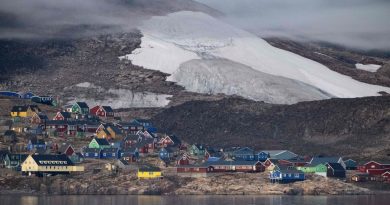Ottawa must raise funding for climate science or risk falling behind, scientists say

Inadequate government funding for climate research in Canada is causing highly-qualified climate scientists to leave the country, says a new report released Wednesday.
Seventy-seven per cent of the nearly 100 climate scientists who were surveyed stated the Canadian climate science community regularly loses highly qualified personnel due to a lack of science funding from the federal government.
The lack of resources threatens the ability of scientists to carry out field research in the Arctic and to fund collaborative projects necessary to understand climate change, the report says.
“Canadians are already being affected by climate change,” said Katie Gibbs, director of Evidence for Democracy, a non-profit dedicated to evidence-based public policy.
“Without continued research … decision-makers will be unable to make informed decisions about any aspect of climate policy.”
The report was published just two months after the federal government released its first comprehensive assessment of Canada’s changing climate, which estimated that Canada is experiencing global warming at twice the average rate of the rest of the world.
No dedicated fund for climate research, report says
Specifically, the report says crucial work in the field of atmospheric science — which studies the Earth’s atmosphere and its relationship to the climate, oceans and other environmental systems — is underfunded since money for a program dedicated to climate research ran dry.
“Canada has a long history of excellence in climate science,” said Dan Weaver, an atmospheric scientist who teaches at the University of Toronto in Scarborough.
“It’s questionable whether we can continue when there isn’t funding to continue these programs,” said Weaver, who is also a board member at Evidence for Democracy.
The Canadian Foundation for Climate and Atmospheric Science (CFCAS) was an arms-length foundation established in 2000 that provided an average of $12 million per year in funding for university-based research on climate and atmospheric sciences.

When funding for the CFCAS ran out in 2012, the Harper government replaced it with the Climate Change and Atmospheric Research (CCAR) program. Funding for the CCAR to lapsed in 2018, and the Trudeau government hasn’t replaced it.
These programs funded projects looking at changing weather patterns in Canada, melting ice and snow cover, and the effects of climate change on the Arctic Ocean, among others
Currently, there is no dedicated fund for climate science, Weaver said.
Mark Johnson, a spokesperson for Environment and Climate Change Canada, did not address the specifics of the report but said the federal government invested a total of $10 billion in science and research over the past three years.
Flight of the scientists
Reduced funding has led to a lack of opportunities for people to study and work in the area of climate science in Canada, according to Weaver.
“Our expertise is at risk here,” he said. “It’s going to go to Europe or the United States or elsewhere where people are continuing to value climate science.”
The lack of funding is especially problematic for those working in the Canadian Arctic, where research can be as much as 25 times more expensive than in other Arctic regions.
John England, a renowned Canadian Arctic scientist, did not participate in the survey but said funding fieldwork is a longstanding problem for Arctic researchers.
“I’ve worked on budgets that were that were perilously incapable of sending myself and my graduate students up north and then coming back,” said England.
“We would hardly have money left over to analyze our data.”
England has also seen firsthand the lack of opportunities in the Canadian job market. He said the last four PhD students who studied under him at the University of Alberta all left Canada for government-funded positions studying the Arctic in Norway.
“They’re now contributing significantly in areas where Canada has no real leadership,” said England.
England called for a “polar policy” that would invest heavily in equipment and infrastructure in the Arctic and support more research as well.
The Trudeau government has been developing an “Arctic Policy Framework” since December 2016.
Related stories from around the North:
Canada: Permafrost degradation spreads in Canadian High Arctic, Radio Canada International
Finland: Finland must further reduce logging to preserve carbon sink, environmental institute says, Yle News
Norway: Temperatures on Svalbard have been above normal for 100 straight months, The Independent Barents Observer
Russia: Warmest winter ever on the Northern Sea Route, The Independent Barents Observer
Sweden: Local councils more interested in climate change preparedness, Radio Sweden
United States: Sea levels could rise by up to 2 metres by 2100, new study finds, CBC News



